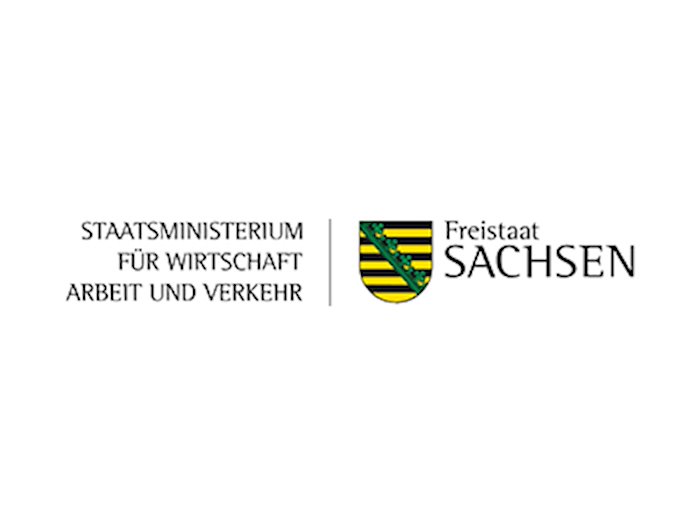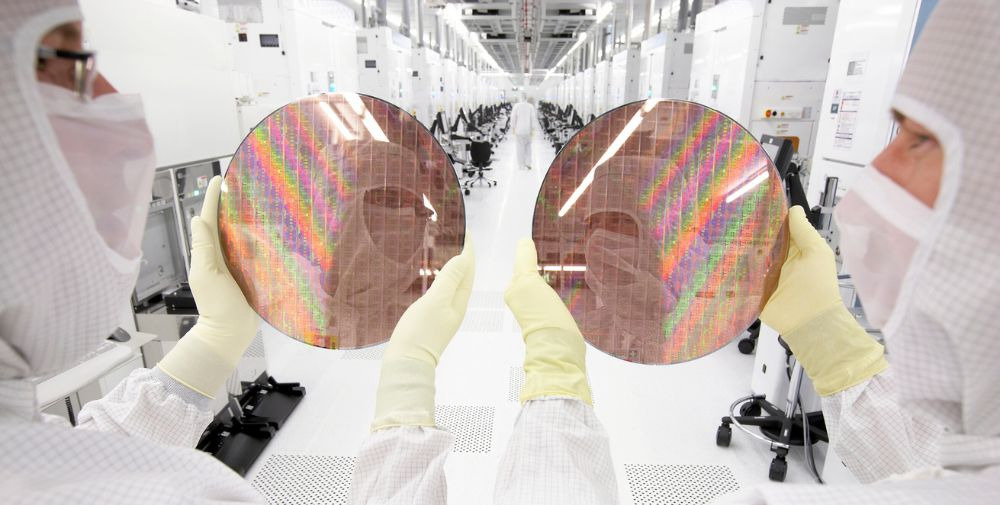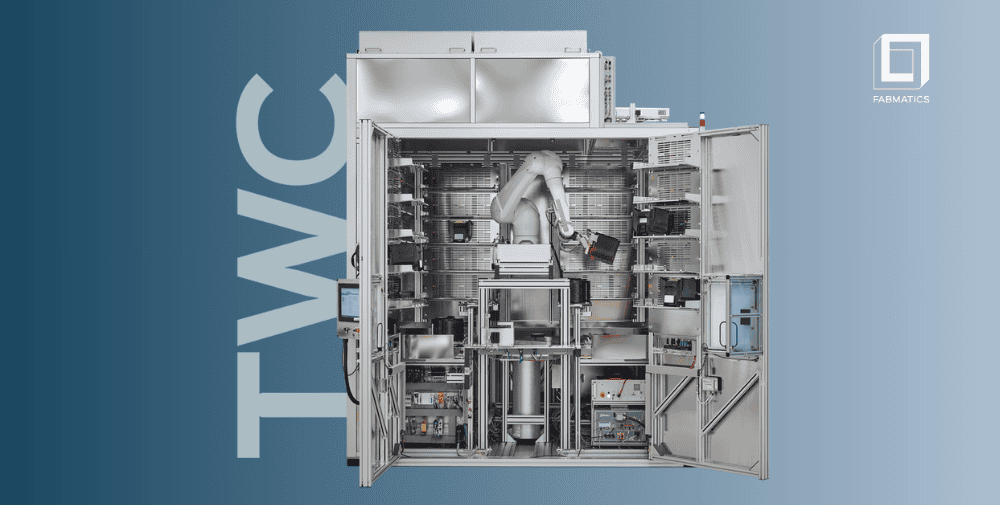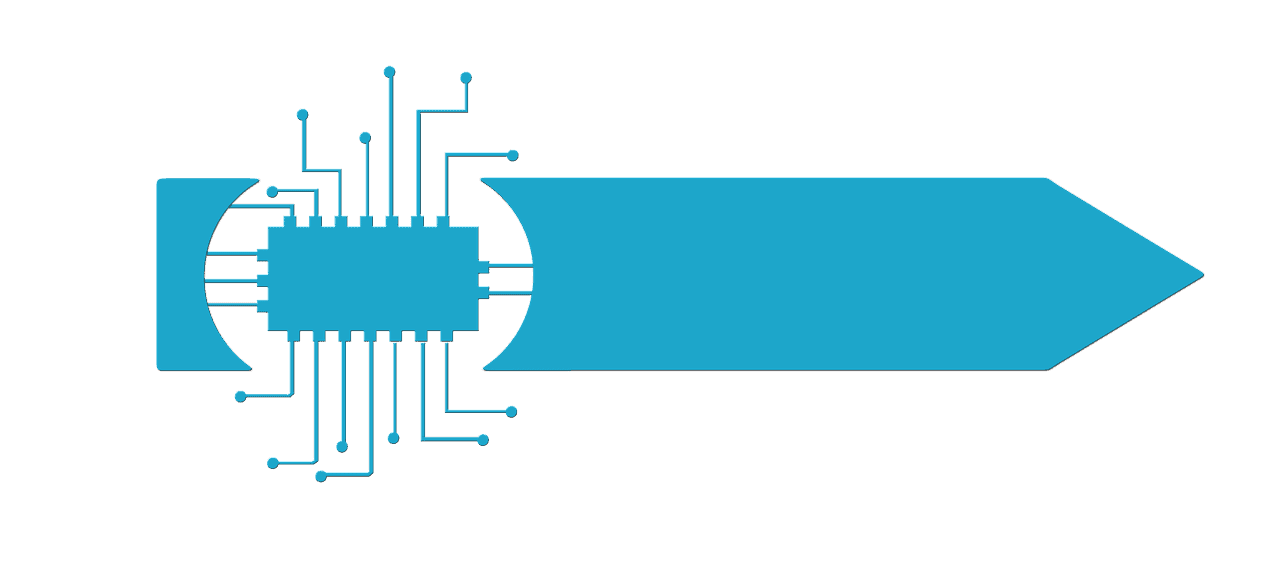
After the federal and state funding commitments totaling 795 million euros, the Saxon projects embedded in a pan-European innovation agenda are in the starting blocks and are each holding kick-off events. The largest sub-project, “Eurofoundry”, enters the implementation phase today. At GlobalFoundries in the north of Dresden, the company’s experts are meeting with representatives from the federal and state governments to kick-start the major research and development project.
Saxony’s Economics Minister Martin Dulig commented: “Saxony’s semiconductor forges are at the forefront of European innovators. With support from the federal and state governments, groundbreaking innovations for autonomous driving, intelligent medical technology, energy-efficient control electronics and artificial intelligence will be developed in and around Dresden in the coming years. The projects also show how closely networked the companies active at the location are and how they are working together on a digital future. We will only achieve technological independence from Asia and the USA if we produce locally in Europe and are independent.”
The Saxon state government cleared the way for this on June 13, 2023 and approved the conclusion of an administrative agreement with the federal government. The funding, totaling a good 795 million euros, will be funded 70 percent by the federal government and 30 percent by the Free State of Saxony. The Europe-wide coordinated projects will run until 2027, in some cases until 2029. Research and development work will be carried out at the Dresden site by the following leading partners:
- GlobalFoundries Dresden wants to accelerate the path from the idea to the finished chip. To this end, a new design environment is to be developed so that customized chip designs for Industry 4.0 applications, the energy industry, autonomous electric driving or medical technology can be offered more quickly.
- The BOSCH Group is involved in sub-projects at three locations in Saxony. With new chip generations that communicate intelligently with each other and with the cloud, an environmentally friendly, highly automated and augmented reality-capable (AR) system architecture is to be created for the automotive industry, among others.
- Ferroelectric Memory GmbH, a young spin-off from TU Dresden, is researching and developing innovative memory chip concepts based on a new class of memory cells.
- Freiberger Compound Materials GmbH, a leading manufacturer of semiconductor materials, is developing technologies to scale up the new substrates gallium arsenide, indium phosphide and gallium nitride to wafer sizes for industrial production.
- Infineon Technologies Dresden and Siltectra GmbH, which is part of the group, will develop new materials, concepts and processes, for example for pressure, environmental and 3D sensors and microphones, in order to accelerate the connection between the real and digital worlds.
- NXP Semiconductors Germany GmbH, with sites in Hamburg, Munich and Dresden, is a specialist for automotive, telecommunications and cyber security chips with a parent company in the Netherlands. The NXP project focuses in particular on high-performance radar sensors and microprocessors for largely local data processing in autonomous driving.
Background
“Important Projects of Common European Interest” (IPCEI) are transnational, important projects of common European interest that make an important contribution to the growth, employment and competitiveness of European industry and the economy through state funding.
The projects were selected following a call for funding by the Federal Ministry for Economic Affairs and Climate Protection (BMWK) on 25 January 2021 and recognized as eligible by the EU Commission on 8 June 2023 after extensive reviews. The BMWK presented the projects to the public at an event on September 18, 2023 and has since issued the respective funding decisions.
– – – – – –
Further links
👉 www.smwa.sachsen.de
Photo: GlobalFoundries




